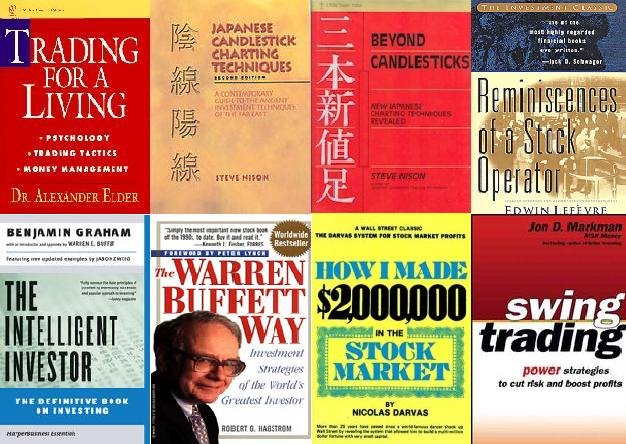I sincerely believe that trading should not be seen as gambling. I m not a real gambler myself but I ll take a shot at differentiating it anyway.
Gambling is a form of entertainment, risking a certain sum of money which you re prepared to lose, whose outcome is in entirety or largely depend on factors not controllable by the gambler.
Trading is a form of capital investment method, to increase your capital gains while minimising any downside risk by actively managing the portfolio and paying heeds to various warning signals.
A trader that has experienced a bankruptcy or loss of total capital/savings may have gone through valuable lessons. A trader that has a repeat of that blasphemous record is tainted and it is doubt that any rehabilitation could have any impact. The trader has succumbed to the degenerated gambler's syndrome.
Never risk more than 20% of your capital in one trade - Jesse Livermore
Always have reserves (to battle) - Ancient Chinese Art of Business
Make or die - and you ll be a degenerated gambler - you ll never succeed in the long run - Maxforce
When faced with a major losses (which differentiates what constitutes as major), it is probable that a major change is taking place in the market condition. While the trend is a friend, the reversal is likened to a betrayal by a friend, which can be sudden, unexpected and very hurtful. Faced with this kind of situation, a trader is best left to stop trading for the moment. This is irrespective of any potential gains or any cannot-be-missed opportunity. Reason being, the trader needs to calm his emotions, gain the calmness in his heart and mind to make sound, informed judgement of the new market condition.
Trading strategies may need to be readapted to suit the new market condition. Plunging from a major loss to another trade may result the trader being succumbed to the "Degenerated Gambler" syndrome. Once infected, it is difficult to cure. And each infection only lowers the immunity of the trader. Eventually, the trader could not differentiate trading and gambling.
This is the mark of the downfall of a trader irrespective of whether the gamble turned out to be a win or a loss, the trader has lost himself.

Trading is therefore likened to a business. And we must agree that business is NOT gambling. A business has elements which are within our control and elements of uncertainty which is not within our control. The elements not within our control can however, also be exploited.
A basic business has basically a few elements – Sales, Marketing, Accounting, Finance, Customer Service, Purchasing and Logistics.
In trading, these elements exists too.
Purchase and Sales – as in entering and exiting trades.
Logistics – as in the mechanism we are using for the entry and exit of trades – our brokerage.
Accounting – our calculation of our monthly profit or loss.
Finance – our means for our trading capital.
Marketing and Customer Service – this is more relevant for institutional investors who markets and publicizes the bullishness or bearishness of the market. Likened to small businesses whereby not much time or money is spent into marketing and customer service, we small retailers don’t do much of this too.
Hence trading is a business. Businesses buy stocks.
Trading buys stocks of a certain instrument, be it a security or a derivative.
Sometimes, businesses tend to get stuck with obsolete stocks. So do trading.
Sometimes, traders get stuck with stocks of declining value. This is where stop loss comes in. In business, we may decide to have a clearance sale – to get rid of the stock at a discounted or a cheaper than cost price.
A trader should have a good emotional intelligence. And it is also said that if a person cannot smile, he should not open a shop. What resemblance this is – trading and business.
It is my sincere belief that if a trader thinks of himself as a businessman rather than a gambler, his rate of success would be higher and more consistent.






No comments:
Post a Comment